A first in Quebec
All content in this article was created by Benoit Ayotte from North American Wolf Clan. I, Sorin Ionescu, provided the website layout and the English translation. I support the call and encourage you to take immediate action and share information as widely as possible.
You have until December 31 to submit your comments.
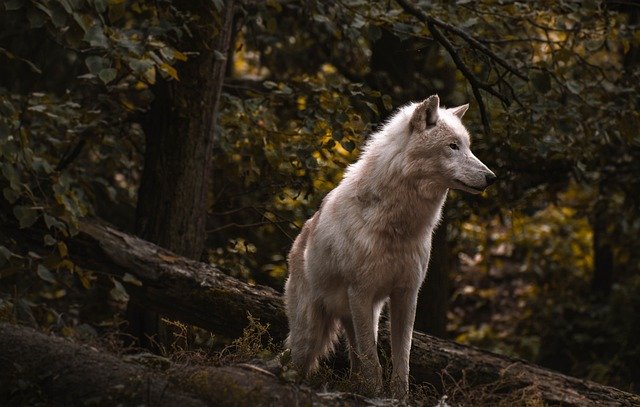
The fate of animals in the Quebec forest is close to your heart? Finally, you have the opportunity to express yourself to the Ministry of Forests, Wildlife and Parks (MFFP).
In fact, the government is inviting the public to express their views on the future of Quebec’s wildlife in this survey.
Please read the following euphemisms BEFORE filling the survey.
Euphemisms widely used by the MFFP and other stakeholders:
- Hunters and trappers have harvested. (Hunters and trappers killed)
- Wildlife stakeholders (Hunters, trappers and other users who kill wildlife)
- Promotion of wildlife activities (Promotion of hunting and trapping)
- Development of wildlife resources (Make hunting and trapping profitable)
- Enhancement of wildlife through food (Expand game supply and accessibility)
- Social acceptability (Make hunting and trapping accepted as a sport and leisure)
- Access to the resource (Facilitate access to hunting and trapping, be more permeable to the acquisition of firearms)
- Succession Attraction (Ensure the future and maintenance of hunting and trapping)
Euphemism is the process of attenuating the meaning of a statement by replacing a word or expression with a weaker one. The aim is to mitigate the effects of an unpleasant idea, to hide its unpleasantness. This figure of speech is widely used in political speeches in order not to displease or shock.
Furthermore, we encourage you to send Minister Pierre Dufour this model letter to prohibit trapping in Quebec’s wildlife reserves
It should be remembered that the State remains the sole trustee of our wildlife heritage because legally this priceless heritage cannot belong to anyone. Our collective wealth is therefore essentially based on the Act respecting the conservation and development of wildlife (R.S.Q., chapter C-61.1). This law is also administered by the MFFP.
With respect to wildlife, the Department states that its fundamental responsibilities are:
- to conserve and develop this renewable natural resource for the benefit of present and future generations;
- maintain accessibility to wildlife and associated activities.
See below for more information on trapping and hunting in Quebec.
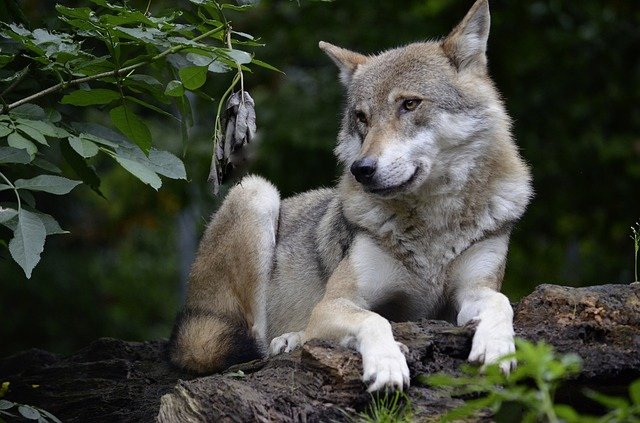
These responsibilities result in the entire offer of hunting and trapping activities in Quebec.
Did you know that in Quebec, there are 39 species that can be hunted and 19 species that can be trapped (See lists below). Moose, bears, deer, wolves, geese, marmots and crows, everything goes through it. Every year, more than 250,000 animals of 58 different species are killed, victims of bullets, arrows, traps and snares. Moreover, hunting and trapping are not a privilege but a RIGHT. It is high time to react to these structured, endorsed and subsidised killings, which kill hundreds of thousands of people annually.
Defending all these voiceless people, who year after year remain the innocent victims of this archaic system, requires strong and committed citizen participation. Your comments are essential to reflect the current values that the population holds towards wildlife and wild animals in Quebec.
Please disseminate this information widely. All to your keyboards to share your opinions with the MFFP on this major issue.

Although timid, this opportunity remains of great importance even if the population is only entitled to a tiny participation compared to organizations dedicated to hunting and trapping activities. Moreover, these consultations, which have been exclusively reserved for them for decades, bring together around the same table:
- Fédération québécoise des chasseurs et pêcheurs
- Fédération des pourvoiries du Québec,
- Fédération des trappeurs gestionnaires du Québec
- Fédération québécoise pour le saumon atlantique
- Zecs Quebec
- Société des établissements de plein air du Québec
- First Nations of Quebec and Labrador Sustainable Development Institute
- Fondation de la faune du Québec
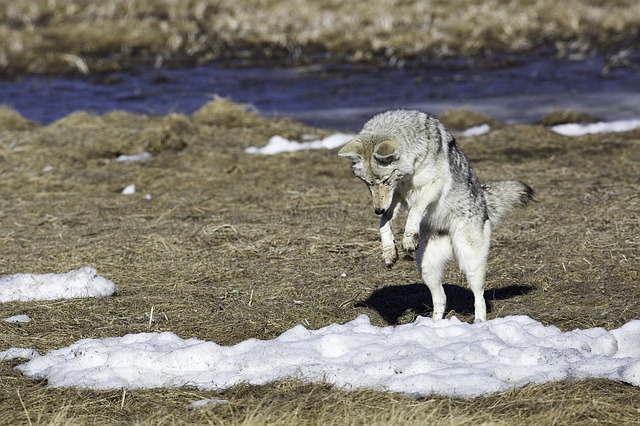
This private table plays a major role as an advisory committee to the MFFP. It advises the Minister directly on matters that have a direct or indirect impact on the future, maintenance and development of hunting and trapping. It also proposes priorities for action that benefit their respective members, in addition to having a right to review and make recommendations on future operating and regulatory issues. Its structure includes only hunters, trappers, fishermen, outfitters and other wildlife exploiters.
To date, these interest groups that participate in these meetings are neither viable nor financially self-sufficient. They survive thanks to the generosity of the State, which regularly provides them with generous subsidies.
That is, part of your taxes is used to finance hunting and trapping in Quebec.
However, under current legislation, wildlife remains a collective heritage that belongs to all Quebecers, and the State is only the trustee. Despite everything, the MFFP continues, to this day, to favour the sole vision of this minority table with regard to the management of our collective good. It should be noted that only wildlife harvesters and their representative groups can participate in these private meetings. In summary, all questions concerning hunting and trapping activities invariably involve private consultations. The objectives of these exclusive consultations remain mainly:
- Wildlife regulation and exploitation
- The maintenance, promotion and development of hunting and trapping
- Increase and ensure succession
These meetings with wildlife lobbyists confirm the special partnership ties with the current Minister. Following these gatherings, the ministry continues to work closely with the major federations in developing future operating and regulatory policies. In this way, they ensure that their own interests are advanced. Once again, the development, promotion and succession of hunting and trapping are reflected in these discussions.
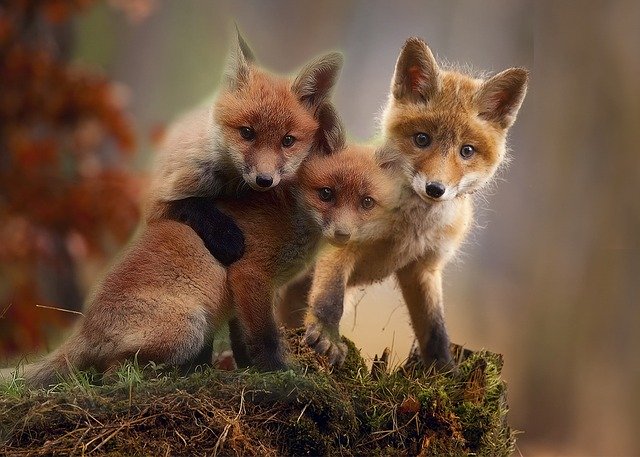
It should be recalled that this table, which represents a tiny portion of the population of Quebec, has direct access to the Minister and has the right to review and make recommendations on future directions, policies and various regulations.
Some facts about wildlife exploitation in Quebec
The trapping
- Trapping of 19 animal species is authorized over 1,500,000 km2, or more than 98% of Quebec’s territory
- In 1984, Quebec lifted the ban on trapping in wildlife reserves, giving in to pressure from the powerful lobby of the 21,000 trappers of the time. Since then, the number of trappers has dropped by 62%; currently, they represent a very small 0.11% of the province’s total population.
- The past privilege of trapping in Quebec’s wildlife reserves was granted in a very different social, cultural and economic context than the one in which we live today. Prohibiting trapping in wildlife reserves means ensuring a better future for Quebec’s wildlife
- Each year between 6,000 and 8,000 trappers kill more than 200,000 wild animals
- Officials employed by the MFFP (Biologists, wildlife technicians and protection officers) hold “for life” trapping areas with “exclusive rights” in wildlife reserves. The trapper, whether employed by the State or not, stands out from the hunter because the proceeds of his activity provide him with income. Thus, a public servant could be exposed to situations where personal interest may be preferred to the public interest.
- For the MFFP, a species is protected because its “management” is regulated by an operating season and various regulations
List of the 18 species trapped in Quebec
- Weasel
- Pekan
- Marten
- Mink
- Muskrat
- Beaver
- Otter
- Canada Lynx
- Bobcat
- Coyote
- Red Fox
- Silver fox
- White fox
- Crossed fox
- Wolf
- Skunk
- Squirrel
- Raccoon Kitten
- Black bear
The hunt
Quebec hunters are very well represented by strong structures such as the Fédération québécoise des chasseurs et pêcheurs. A powerful organization with thousands of active members throughout Quebec. In addition to advocating for their rights, this group is a strong advocate for the abolition of the firearms registry and for facilitating its acquisition and access to the next generation of firearms.
In Quebec, the provisional balance sheet for 2018 only reads as follows: hunters killed:
- 19,696 moose
- 53,517 white-tailed deer
- 5716 black bears, plus 797 killed by trappers
- Thousands of migratory birds (ducks, geese, geese)
- Thousands of hares, partridges, grouse, grouses, marmots and crows
- Wolves, foxes, coyotes, raccoons and others are also legally hunted in Quebec.
- What can we say about the hundreds, or even thousands of animals left behind in the statistics, wounded and riddled with bullets or arrows that are dying in great suffering
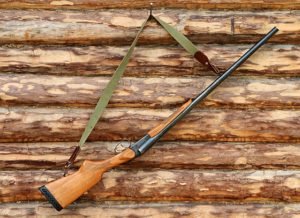
Finally, after obtaining the right to kill woodcocks and turtle doves, hunters are now fighting for the right to kill squirrels. As if that were not enough, shooting at 39 different species to satisfy the pleasure of hunting is still not enough.
List of 39 species hunted in Quebec
- Black bear
- Grey partridge
- Biset pigeon
- Bronzed Quiscale
- Raccoon kitten
- Red Fox
- Spruce Grouse and Sharp-tailed Grouse
- Brown-headed cowbird
- Starling without a cap
- Sad Turtledove
- Grey and Harp Seals
- White Bear (Hunted and reserved only for Inuit)
That is only a brief overview of the current situation in Quebec’s forests. It is up to you, it is up to us to react so that this narrow exploitation of wildlife can finally evolve and thus harmonize with current values.



